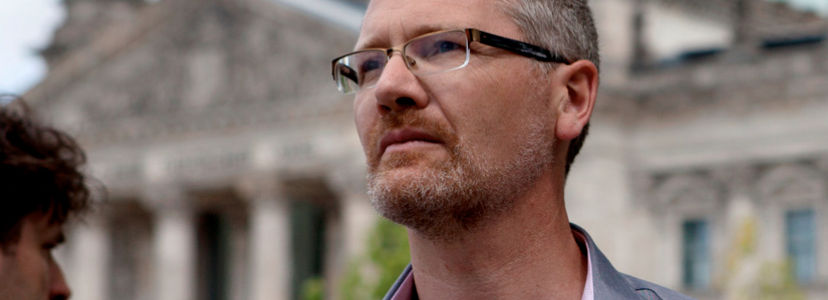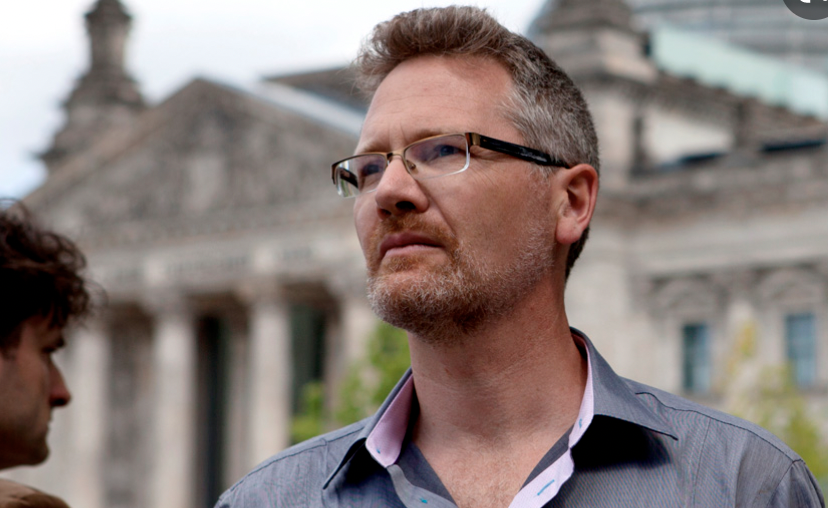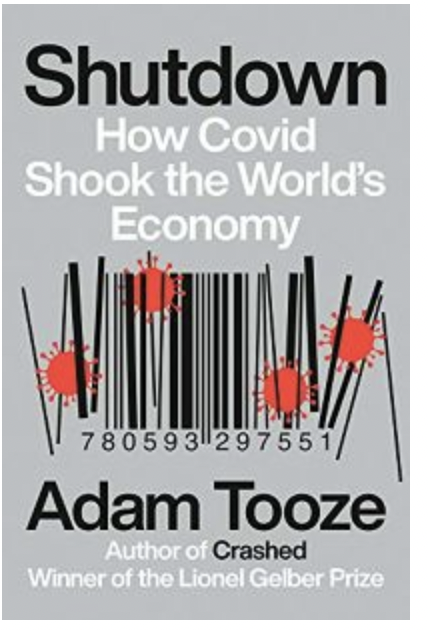
Insight into the pandemic shutdown


The new virus news emerging from China in December 2018, risk-averse financial markets were alert to its potential for disruption. Yet they could never have predicted the total economic collapse that would follow Covid-19’s wake, as stock markets fell faster and harder than at any time since 1929, currencies across the world plunged, investors panicked and even gold was sold. The real shocker of the Covid-19 virus is not its death toll-there have been deadlier pandemics- It’s “ the scale of the response.” As nearly 95 per cent of the world’s economies suffered a reduction in GDP. The World Bank estimates that the long-term wage loss will be $10trillion. Tooze covers the progression of the pandemic, tracing government action in Wuhan in January and Italy’s response in March as that country went into lockdown, charting the pandemic’s impact in stock markets and on mental health. The divisions in America and Brazil as the presidential election loomed, the debt faced by the hardest-hit countries, and the race to create a vaccine.
The world is told a complex story of the economics of the pandemic and the inside story of that shutdown, with absolute clarity. We still do not yet know how this story ends, or what new world we will find on the other side.
In a matter of weeks the world’s economy was brough to an abrupt halt by governments trying to contain the spiralling public health catastrophe. Flights were grounded, supply chains broken, industries from tourism to oil to hospitality collapsed overnight, leaving hundreds of millions of people unemployed. Central Banks responded with unprecedended interventions, just to keep their economic on life-support. For the first time since the second world war, the entire global economic system contracted.
Adam Tooze, a professor at Columbia University, whose book charts the details of that shutdown. We do not yet know now how this story ends, or what new world we will find on the other side, in this fast-paced, compelling and at times shocking analysis. Adam Tooze surveys the wreckage, and looks at where we might be headed next.
Shock and emergencies make us look for great changes of direction for economies, society or politics.
After 18 months into what feels like “forevrer pandemic” most of us are hoping pandemic will change everything.
During 2020, in Europe, North America or China, you would have been hard pressed to overestimate the pandemic’s immediate impact on the economy or society, for there have been as much sudden or drastic halt to or ajustments in activity and the rules of governing them since 1945, in the rich countries.
If you happened to be living in Japan or sub-Sharan Africa, central and eastern Europe, the pandemic will not have seemed like much of an emergency. Life went on fairly normally, admittedly fewer foreigners visiting.
But 2021, places were swapped as India swung from complacency into emergency, African countries began to suffer the sort of mortality rates and fragile health system seen previous years in Latin America, Japan entered its dizzying series of states of emergency while hosting the Olympics and Paralympic Games behind closed doors. America and Europe, meanwhile, were talking of re-openings and normality , with economic output on its way to joining Chinas, South Korea and Taiwan at above pre-pandemic levels.
He is particularly on what the pandemic exposed about the gulf in the rich countries between apparent preparation and true preparedness using the pharse of a German sociologist Ulrich Beck, “organised irresponsibility” to describe the state of having a plan for everything but no capacity to deploy it as rapidly as was needed.
There is no sign of the pandemic ending, the impact keeping varying in geography and nature, and policymakers are still playing catch up.
Yet in the emergency there was no coherent strategy for change.
Tooze writes “ What on its face looked like a powerful synthesis of fiscal and monetary policy working in harmonious coordination to help fund a generous new social contract revealed itself on closer inspection to be a confused and ill-shapen monster, a policy regime somewhere on the spectrum between Frankenstein and Jekyll and Hyde.”
What this tell us it that time and real space are required for real, sustained change to be driven deliberately by policy rather than emergency measures.
The pandemic is best seen on a broader canvas than that purely of domestic policy. Tooze believes that “seeing 2020 as a comprehensive crisis of the neo-liberal era – with regards to its environmental envelope, the domestic, social, economic and political underpinnings, and the international order- helps us find our historical bearings.’
The pandemic crisis in intersection with three other crises underway, in the environment, geopolitics and the trust in the government.
Shutdown: How Covid Shook the World’s Economy by Adam Tooze, Allan Lane, £25, 368 pages.
